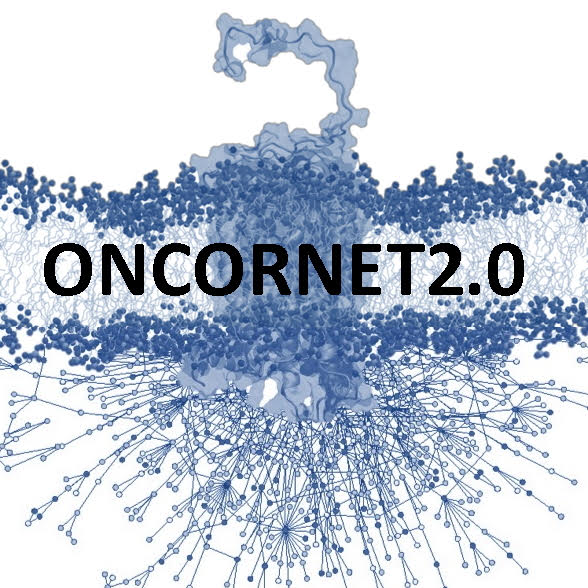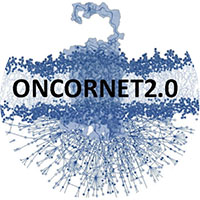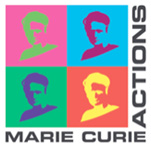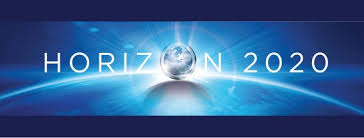Max Delbrück Center für Molekulare Medizin
![]()
Webpage: https://www.mdc-berlin.de/lohse
General description
The Max Delbrück Center for Molecular Medicine, Berlin, Germany is one of the world’s leading research institutes in the life sciences. It is a member of the Helmholtz Association of German Research Centers, Germany’s largest scientific organization. MDC was ranked 14th on the Thomson Reuters list of the world’s 20 best research institutes for molecular biology and genetics, based on its publication record. MDC conducts basic biomedical research to understand the causes of disease at the molecular level with the mission to translate discoveries as quickly as possible into practical applications, aiming at the improvement of disease prevention, diagnosis and therapy. The work of MDC’s 69 research groups is centered on cardiovascular and metabolic diseases, cancer and nervous system disorders. In addition to these disease-oriented fields of research, systems biology is an essential strategic overarching component of MDC’s scientific profile. New directions encompass centers for cryo-EM and for optical imaging, data sciences and artificial intelligence, and single cell technologies.
Key research facilities, infrastructures and equipment
The MDC has state-of-the-art, world-class infrastructures including: advanced light and electron microscopy, mass spectrometry, pathophysiology, transgenics, interactomics, small molecule screening, genomics, proteomics, metabolomics, bioinformatics services, and advanced data modelling. Major equipment available in the Lohse lab includes multiple advanced imaging setups (TIRF, rapid kinetics, superresolution and fluctuation analysis). Bench and office space for new ESRs, free use of meeting rooms, teleconferencing, computing services. Administrative support. Structured PhD Program/Graduate School: MDC International PhD programme.
Project members
Prof. Dr. Martin J. Lohse studied medicine and philosophy at the Universities of Göttingen, London and Paris, did his doctoral thesis in the Neurobiology Department (Otto Creutzfeldt) of the Max-Planck-Institute for Biophysical Chemistry, and was a post-doc with Ulrich Schwabe (Heidelberg University) and Robert J. Lefkowitz (Duke University) as an assistant professor. He was a group leader at the GeneCenter Munich/ Martinsried, and since 1993 has been professor and chairman of the Institute of Pharmacology and Toxicology at the University of Würzburg. He was founding chairman of the Rudolf-Virchow-Center at the University of Würzburg from 2001 to 2016. In 2016, he moved to the Max Delbrück Center in Berlin, which he chaired until 2019. His research deals with G-protein coupled receptors (GPCRs), their signaling mechanisms and physiological roles as well as their use in drug therapy. He discovered beta-arrestins, key regulators of GPCRs, and studied molecular mechanisms of heart failure. His recent work includes the development of advanced microscopy techniques, including superresolution, single molecule and FRET microscopy, to study where, when and how receptors are activated and signal. Martin Lohse has received numerous awards and has co-founded three biotech companies.

Dr. Paolo Annibale studied physics at the University of Bologna, did his PhD at the Ecole Polytechnique de Lausanne in Switzerland and was a postdoc at the University of Irvine. In 2016, he joined the group of Martin Lohse, where he is the expert for advanced light microscopy.

Dr. Andreas Bock studied pharmacy at the Universities of Bonn and Valencia. He did his PhD on muscarinic receptors with Klaus Mohr at the University of Bonn. In 2013, he joined the group of Martin Lohse, first in Würzburg and then in Berlin, where he is the expert for receptor pharmacology.

Follow us on
Contact details
Please contact us at:
e.v.langemeijer@vu.nl
ONCORNET Coordinator
Vrije Universiteit Amsterdam




